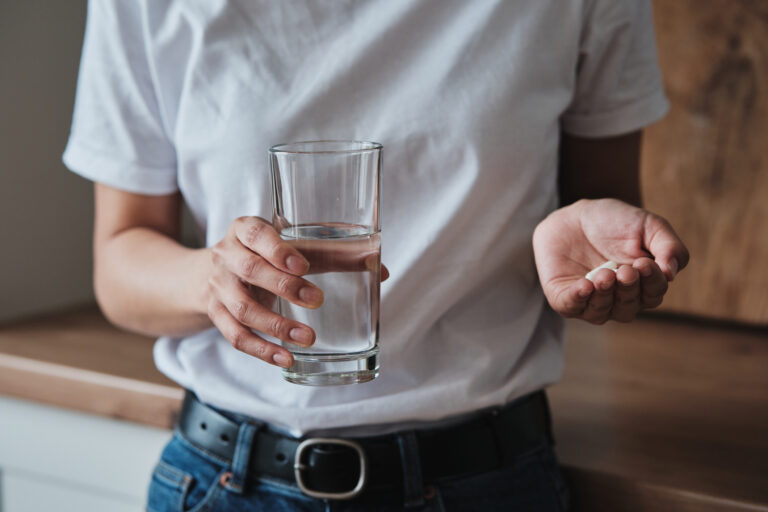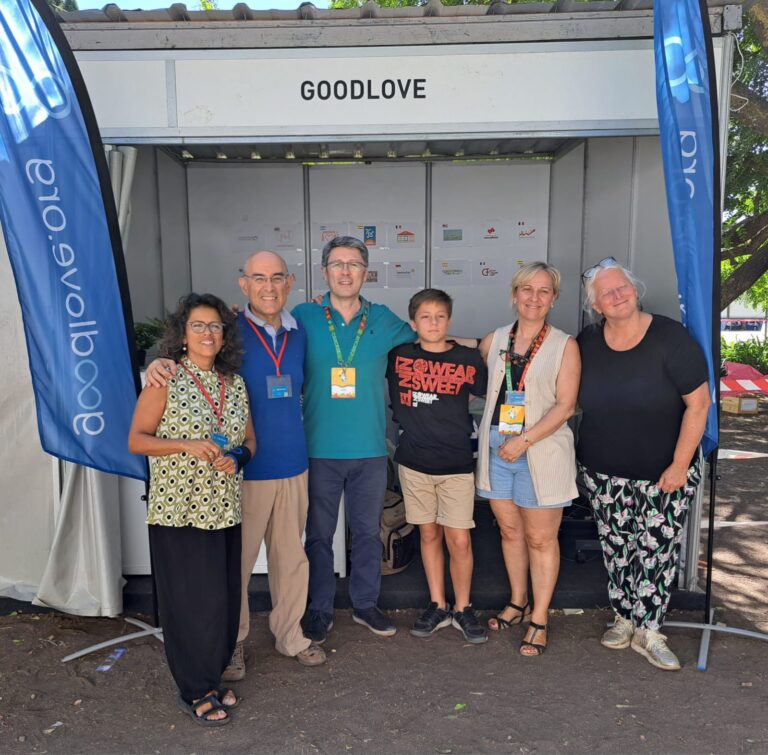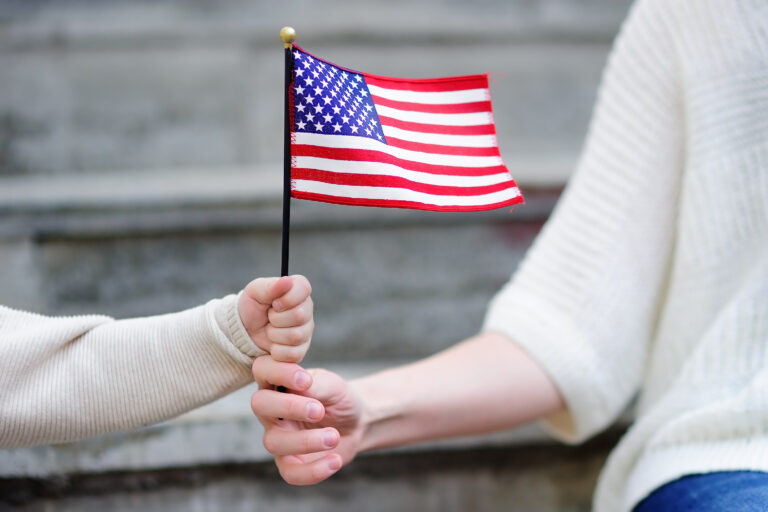Commends FDA for denying Over-the-Counter Status to ‘Morning-After Pill’
For Immediate Release:
For more information contact:
Vince Criste: (540) 622-5240
May 12, 2004
Front Royal, VA – “The FDA is to be commended for denying over-the-counter approval of the so-called ‘morning after pill'” said Steven W. Mosher of the Virginia-based Population Research Institute (PRI). “Making this dangerous drug so easily accessible, especially without age restrictions and excluding parental involvement would have resulted in a public health disaster. The FDA did the right thing to protect the lives of women, especially very young women” Mosher said.
PRI has done extensive research on the dangers of the “morning after pill,” also known as “emergency contraception” and by the brand name “Plan B.”
Some of these research findings include:
This progestin-only hormonal contraceptive in Norplant is the same active ingredient as Plan B. Norplant is no longer available for use in the United States because it is so dangerous. Known risks include significant weight gain, ovarian cyst enlargement, gallbladder disease, high blood pressure and respiratory disorders.
Among teenagers, some of these common side effects could result in increased rates of bulimia, anorexia, or clinical depression. Also, an increased risk of ectopic pregnancy has been associated with use of Plan B-type emergency contraception.
Since the drug precludes parental involvement, it is likely that teenage girls who buy Plan B at the drugstore then experience abdominal pain may not confide in parents so that a physician could diagnose if a life-threatening ectopic pregnancy had occurred. Over-the-counter approval would mean that young people would be free to purchase and use (abuse) this powerful hormone without supervision or follow up.
The drug was approved for over the counter use in Australia January 1 and already there are reports in the Australian press of 13-year-old girls buying the pill several times a week to the alarm of local pharmacists who are not able to give proper counseling to these girls on the many risks involved. The Australian Medical Association is already questioning the wisdom of making this risky drug so easily available without restriction. (The West Australian, 4/4/04)
Over-the-counter availability of this drug would cause rates of sexually transmitted diseases (STDs) among teens to skyrocket. Adolescents age 15-19 currently represent 46% of all cases of Chlamydia in the U.S. 1 in 4 sexually active teenagers contract an STD at some point. In Washington State, and in Sweden, where emergency contraception has been made widely available, rates of STD infection have been skyrocketing since the drug was introduced.
Rates of sexual violence committed against adolescent girls would likely also increase. The easy availability of this drug over-the-counter would make it more difficult for teenage girls to resist pressure to have sex, and will trivialize the act of rape.
Over-the-counter availability of the morning after pill would lead to an increase in the pregnancy rate among teenagers. Studies have shown that increased rates of pregnancy occur among teens with increased use of “emergency contraception.” Another showed that teenagers whose pregnancies ended in induced abortion were more likely to have used the drug before conception, and that teens who use the drug were more willing to engage in “risk-taking” behavior.
PRI is dedicated to ending human rights abuses committed in the name of family planning and through research to dispelling the myth of overpopulation.










